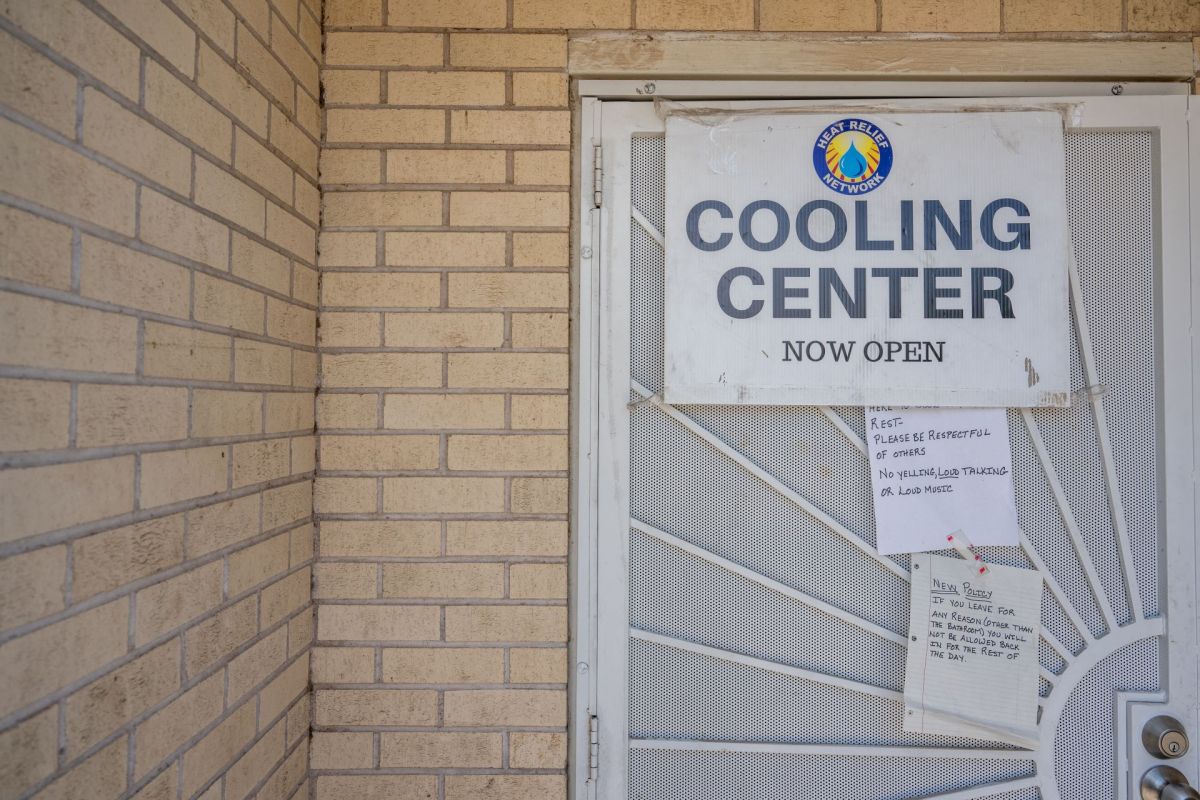America is a hot and smoky place this summer. East Coast residents from New York City through swaths of Appalachia have been living in a sea of smoke wafting south from Canada's ongoing wildfires.
Meanwhile, another weather emergency arrived in Texas and parts of the Southeast. A severe heat wave is having dire repercussions, including deaths.
Climate experts interviewed by USA Today said that air pollution is connected to this heat-up. Studies show that extreme heat in parts of the country is now five times more likely to happen.
"Human-caused climate change made the extreme and extremely unusual temperatures in Mexico and the southern U.S. much more likely," Andrew Pershing, Climate Central vice president for science, told USA Today.
How hot is it?
The Associated Press (AP) reported that Texas highs were above 100 degrees Fahrenheit at the end of June. The rising mercury was in part thanks to a "heat dome."
A heat dome is an apt way to describe the areas of high pressure that trap hot ocean air over land. The high-pressure region acts like a cap, trapping the heat and preventing it from escaping.
Experts say that El Niño and heat-trapping air pollution are also parts of the cause of the scorching temperatures.
Why does it matter now?
The high heat has already been linked to 13 deaths in Texas as of the final days of June. The victims were mostly older adults with health problems, the AP reported. Places with high poverty are also at higher risk.
"The vast majority do not have air conditioning in their homes. They either have the fans off, or they have fans on but not proper ventilation," Dr. Corinne Stern, a medical examiner for the state's Webb County, said in the AP report.
"There has been at least one or two that have air conditioning but don't want to run it due to the bill," Stern told the AP.
Why will it matter in the future?
Dave Inder Comar is the executive director of Just Atonement, a nonprofit that is, in part, trying to tackle problems related to the overheating planet.
He posted a warning on TikTok about how increasing temperatures could worsen in the coming decades with the formation of a heat belt that the First Street Foundation predicted will impact 107 million Americans by 2053. The heat index (including humidity and other factors) could be 125 degrees.
@daveindercomar A powerful heatwave in Texas with heat indices at or over 120°F are a preview of a warming world. Things will only get hotter, with worse westher extremes, until governments ohase out fossil fuels. #humanrights #planetarycrisis #climatechange #anthropocene #CapCut ♬ original sound - Dave Inder Comar
"Associated with a heat wave are powerful storms that in turn are knocking out power, meaning that people are suffering through this heat wave without any power in some places," Comar said in the clip.
How can we cool down?
For immediate relief, some easy, inexpensive hacks can help you deal with heat. Dunking your feet in water is an effective way to cool down, as well as drinking more water, even if you don't feel thirsty. Freezing water bottles or ice packs and placing them under your knees, elbows, or armpits can help.
Another hack for hot nights is to put your pillowcase in a plastic bag and freeze it for a few minutes before bed. A cool pillow and open windows to let in the cooler evening air can provide for a more comfortable rest.
As for the big picture, Comar said in the TikTok clip that it will take a "civilizational level" of effort and energy to see cooler results.
Join our free newsletter for cool news and cool tips that make it easy to help yourself while helping the planet.









